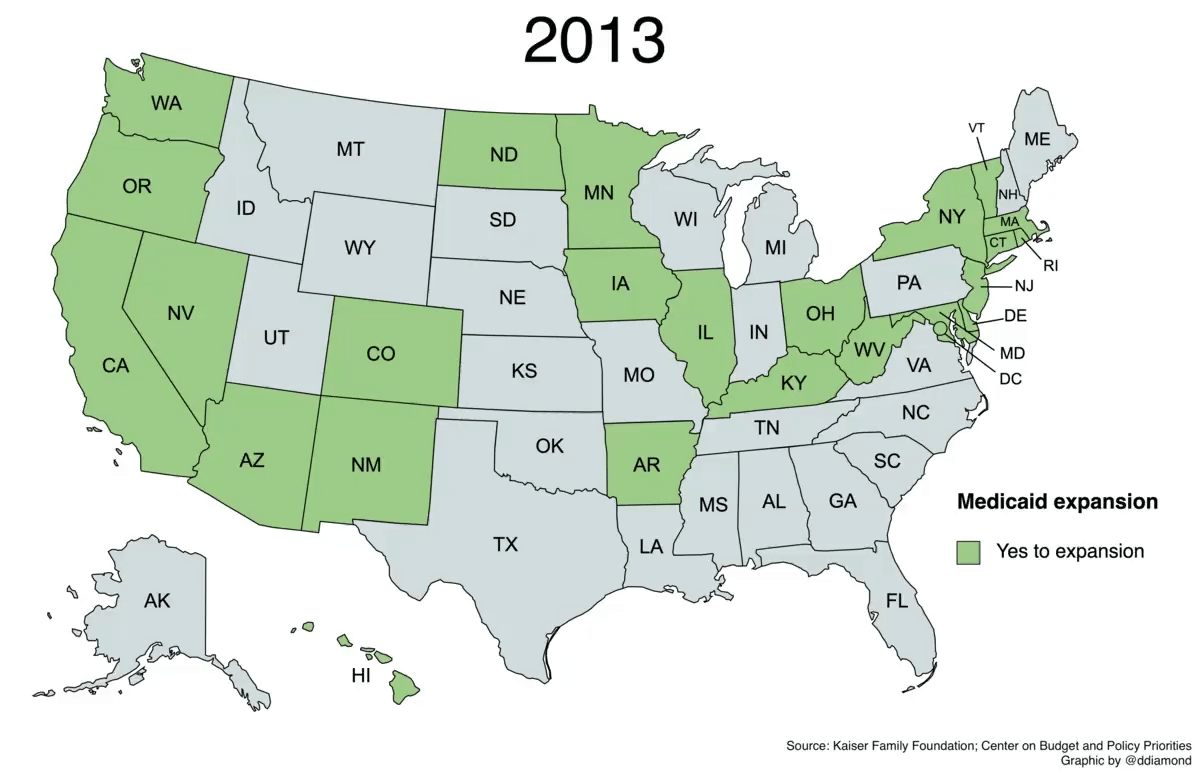Three health care thoughts on the midterm elections
Tuesday wasn’t really a health care election — the GOP has abandoned Obamacare repeal, and the pandemic barely ranked as a top issue for midterm voters — but it was also totally a health care election, with many Republicans campaigning against covid policies and progressives voting for more abortion access.
As someone who reports on health politics and policy for a living, I’ve had a couple thoughts kicking around, and in normal times, I would have turned them into a thread on Twitter.
(These are abnormal times on Twitter, to say the least.)


So in hopes of testing out a more stable social media home, I’m jotting down a few thoughts here.
I’m also planning to use this Substack to share links to my reporting and analysis in the days ahead. If you’d like to stay in touch, especially if Twitter’s wings are plucked, please subscribe!
Onto the aforementioned thoughts:
1. It may be weeks before we know the nation’s key health care lawmakers. There are rows and rows of dominos waiting to tumble, based on the still-TBD congressional races in Nevada, Georgia and elsewhere.
Take the Senate. If it falls under Republican control, that means Sen. Rand Paul (R-Ky.) will become a committee chairman, as my colleague Rachel Roubein and I wrote last week — but it’s not clear which committee. Paul has said he’s waiting on the Senate outcome to decide between leading the more expansive health committee or the more narrow government oversight panel; he can launch his promised investigations of Tony Fauci and other targets from either platform.
So let’s say Paul decides to lead the government oversight panel, an outcome that several current and former staffers last week suggested to us was quite possible. That means Sen. Bill Cassidy (R-La.), a gastroenterologist and health policy wonk, would end up taking control of the Senate’s health committee. And a health committee led by Cassidy — who joined Democrats this year on an effort to cap insulin co-pays for many Americans — would likely look very different than one led by Paul, from legislative priorities to even potential members.
Alternately, Democrats could hold onto the Senate — and the health committee could be led by Sen. Bernie Sanders (I-Vt.), who has more than a few ideas about how he’d like to use that power to oversee the pharma industry. You can read more about all those dynamics in our story about Paul and the health committee.
2. Medicaid expansion continues to be a political winner. The issue consistently wins on ballot measures, with South Dakotans this week becoming the latest to vote to expand the public health program through the Affordable Care Act. Altogether, millions of people have gained coverage, and no state that’s expanded Medicaid through the ACA has subsequently reversed its decision.


Looking at that map reminds me of something that Sarah Kliff, the great health reporter, wrote in 2012 for The Post about the GOP-led states that immediately vowed to oppose Medicaid expansion.
“How long will they hold out?” Sarah mused.
Turns out, at least a decade! Of the six states to initially opt out — Florida, Louisiana, Mississippi, South Carolina, Texas and Wisconsin — only Louisiana has come around, after electing a Democrat as governor in 2016. And while Medicaid advocates continue to eye states like Florida and Texas, where more than 1 million residents could gain coverage if their states opt in, the path is complicated, especially because both just re-elected their GOP governors this week.
It took 17 years for every state to join the original Medicaid program. Advocates have seven years to beat that record and get the last 11 holdout states to join in the ACA expansion.
3. Prediction: Daylight saving time legislation will get its day in the sun in the next Congress. Yes, a lot of people tuned into the election results for Sen. Patty Murray (D-Wash.), because the senior Democrat was thought to be at risk of losing her seat this year, a bellwether of a potential red wave. Meanwhile, the races in Florida, including a re-election bid from Sen. Marco Rubio (R-Fla.), got plenty of attention amid debate over how the state has swung solidly toward Republicans.
I will confess to having watched Murray and Rubio’s fate because they helped steer a bill for permanent daylight saving time through the Senate this year — a surprise effort that pulled in health care experts, prompted resistance from sleep doctors and seemingly provoked an opinion from everyone I knew. (Both Murray and Rubio won by double digits on Tuesday; take that, Big Sleep!)
So while the clock has likely run out this year on their legislation, Murray and Rubio will be back in Congress, and the issue will be too; the pain of Spring Forward Sunday is looming in a mere four months.

